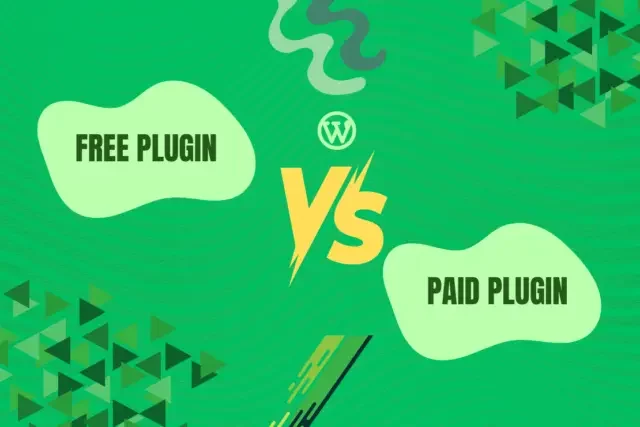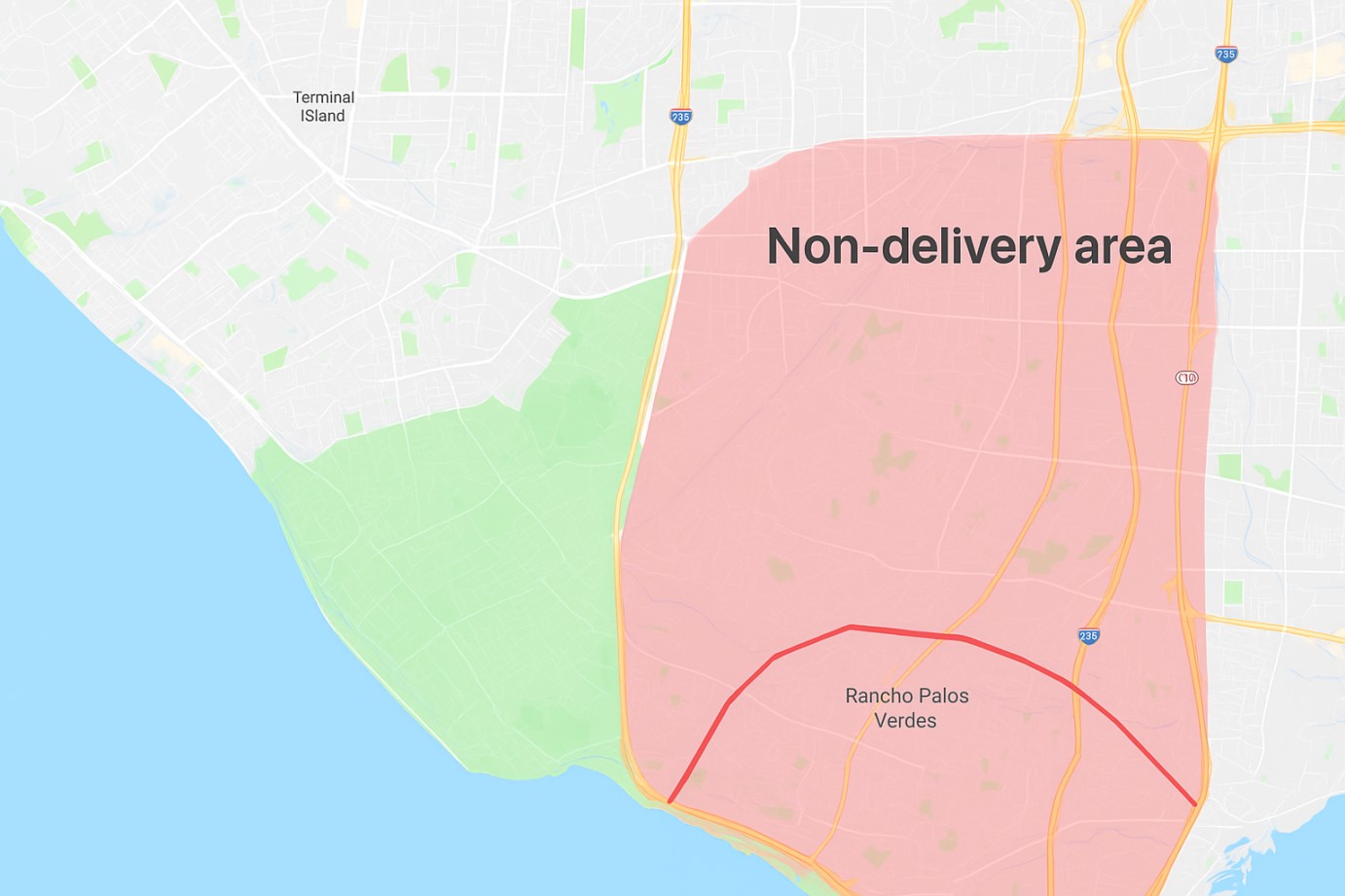This website uses cookies so that we can provide you with the best user experience possible. Cookie information is stored in your browser and performs functions such as recognising you when you return to our website and helping our team to understand which sections of the website you find most interesting and useful.

WordPress plugins are like the Swiss Army knives of website functionality. They add features, enhance performance, and make your site more user-friendly. But when it comes to choosing between free and paid plugins, how do you decide? In this blog post, we’ll explore the pros and cons of both options and help you make an informed decision.
Free Plugins: The Basics
Free plugins are like the appetizers at a buffet—they’re readily available, and you can try as many as you want without spending a dime. Here’s what you need to know:
- Abundance: The WordPress repository boasts thousands of free plugins. From SEO tools to contact forms, you’ll find a plugin for almost anything you can imagine.
- Cost: Well, they’re free! No credit card is required.
- Community Support: Free plugins often have active wordpress communities. If you run into issues, chances are someone else has too, and solutions are just a forum post away.
- Updates: Regular updates keep free plugins compatible with the latest WordPress versions.
The Catch with Free Plugins
While free plugins are enticing, they come with a few caveats:
- Limited Features: Free plugins may offer basic functionality but lack advanced features. If you need robust capabilities, you might hit a roadblock.
- Security Risks: Not all free plugins undergo rigorous security checks. Some may contain vulnerabilities that hackers can exploit.
- Support: While community forums help, timely support is not guaranteed. You’re on your own if things go haywire.
- Performance: Bloated code or poorly optimized free plugins can slow down your site.
Paid Plugins: Worth the Investment?
Now let’s talk about premium (paid) plugins. These are like the VIP tickets to a concert—they come with perks, but you’ll need to open your wallet.
- Advanced Features: Premium WordPress plugins offer features that free ones can’t match. Need an e-commerce solution? A premium plugin might be your answer.
- Reliability: Developers of paid wordpress plugins have skin in the game. They’re motivated to provide top-notch support and regular updates.
- Security: Paid plugins undergo thorough security checks. You’re less likely to encounter vulnerabilities.
- Performance Optimization: Premium plugins are often well-coded and optimized for speed.
When Should You Go Premium?
Consider investing in premium plugins when:
- Critical Functionality: If your website relies heavily on specific features (e.g., membership sites, e-commerce), premium plugins are worth it.
- Business Sites: For business websites, where uptime and performance matter, premium solutions are a smart choice.
- Support Matters: If you need dedicated support, premium plugins deliver.
- Time-Saving: Premium plugins save time by offering comprehensive solutions out of the box.
Making Informed Decisions: Additional Tips
- Read reviews and testimonials before purchasing any plugin.
- Check for active development and updates to ensure long-term compatibility.
- Take advantage of free trials or demos offered by some wordpress plugin developers.
- Don’t be afraid to ask for help: Contact plugin support teams if you have questions or encounter issues.
FAQs
- How can I find premium plugins for my WordPress website?
Explore reputable marketplaces like CodeCanyon, or the official WordPress plugin directory. You can also read reviews and check ratings to ensure quality.
- Do I need to use premium plugins on my website?
Using premium plugins is never a compulsion. Before choosing any plugin, be it free or paid, evaluate your site’s needs and budget. You can also mix free and premium plugins strategically for the best results and ROI.
- Are premium WordPress plugins really worth it?
Premium plugins are almost always worth it, but only if you need them exactly for what they offer and if they align with your site’s goals. Paid plugins are almost always better than their free counterparts in terms of added functionality, better support, etc. However, if you are just starting out, then paid plugins might not be your best choice due to added costs.
- Do I need to renew payment for premium WordPress plugins annually?
Most premium plugins require annual renewal for updates and support. Consider it an investment in your site’s success.
In conclusion, both free and premium plugins have their place. Choose wisely based on your website’s requirements, budget, and long-term goals. Remember, it’s not about quantity but quality and value.
Happy plugin hunting!
Explore the latest in WordPress
Trying to stay on top of it all? Get the best tools, resources and inspiration sent to your inbox every Wednesday.



